Abu Dhabi: the very best art and culture in the UAE capital
Abu Dhabi is hoping to attract a new type of visitor who appreciates fine art, history, and maybe a little falconry
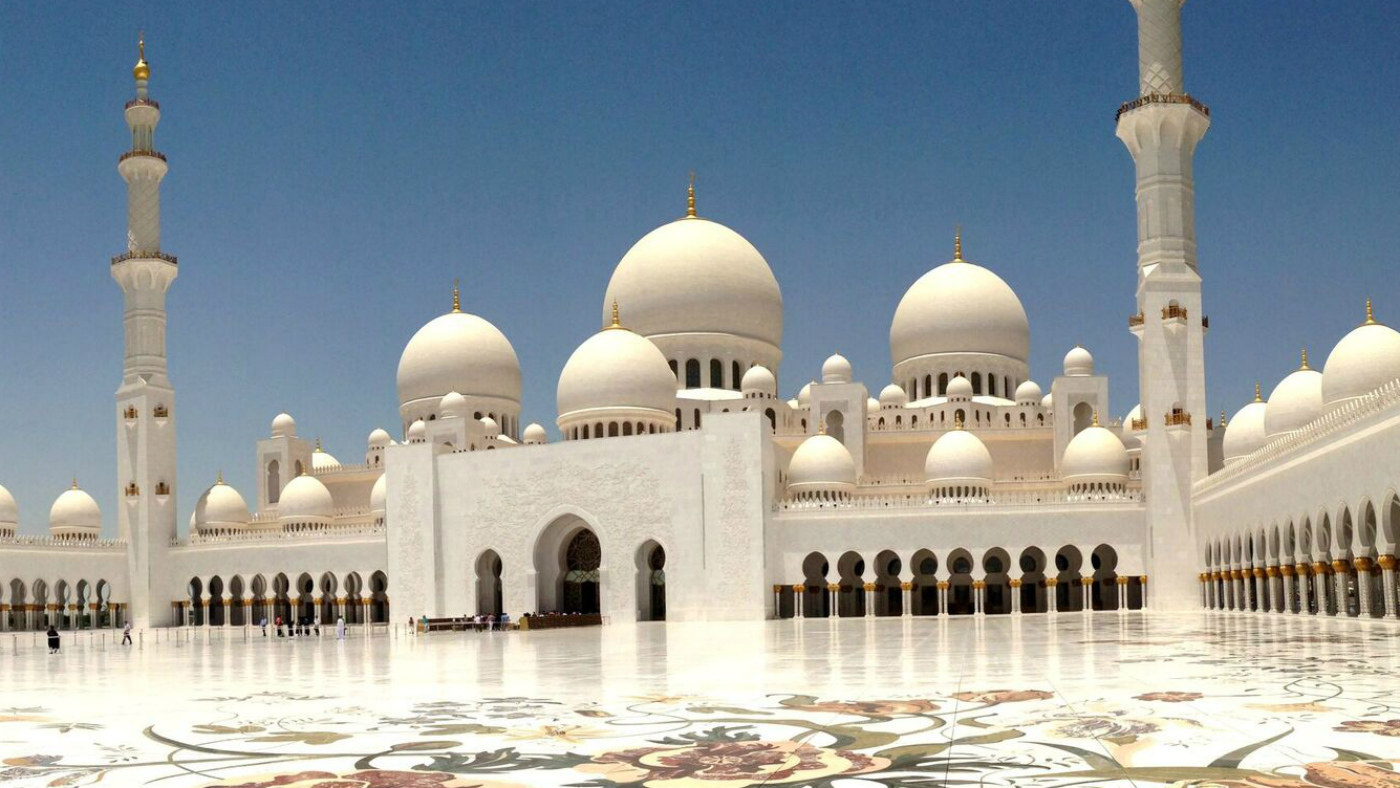
A free daily email with the biggest news stories of the day – and the best features from TheWeek.com
You are now subscribed
Your newsletter sign-up was successful
By the time you read this, the world’s most expensive painting might be residing in the world’s most expensive museum. Or it might not. Nobody really seems to know, which is a bit of a worry when said painting is Leonardo Da Vinci’s Salvator Mundi, which sold at auction in New York last year for the princely sum of $450 million (£351 million).
Nearly a month afterwards, the buyer was revealed to be Abu Dhabi’s Department of Culture and Tourism. The idea was for it to be unveiled with great pomp in its own outpost of the prestigious Louvre museum this November, to celebrate the anniversary of its opening in 2017. But clearly plans have stalled.
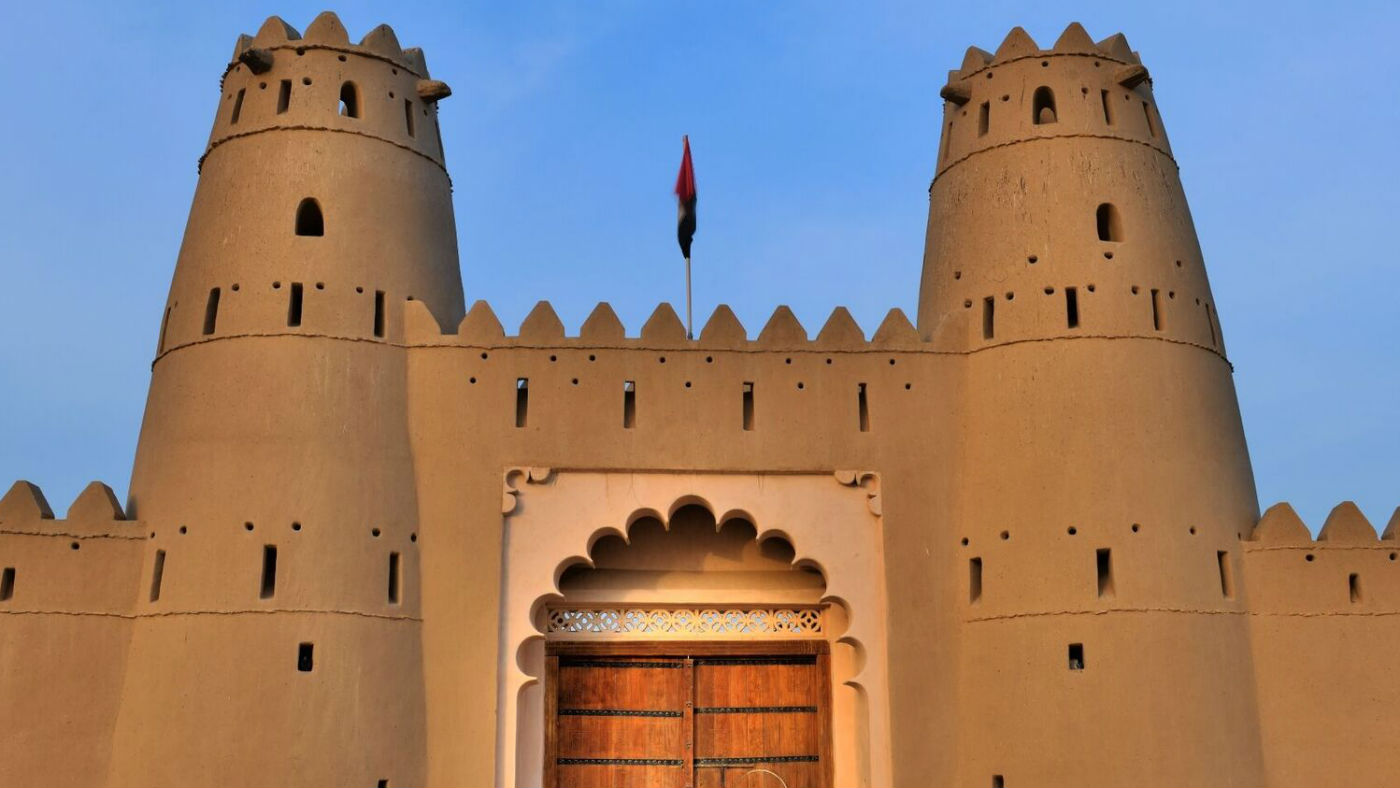
From desert to art hub
The Week
Escape your echo chamber. Get the facts behind the news, plus analysis from multiple perspectives.

Sign up for The Week's Free Newsletters
From our morning news briefing to a weekly Good News Newsletter, get the best of The Week delivered directly to your inbox.
From our morning news briefing to a weekly Good News Newsletter, get the best of The Week delivered directly to your inbox.
Over the past few years, the emirate has been investing heavily in artworks, with one eye on securing its future as a tourist destination once its oil reserves run out – currently estimated at around 150 years’ time. To this end, they are busily developing one particular sandswept, dusty corner, Saadiyat Island, into a global arts hub, with plans for five striking structures, each designed by one of the world’s best architects. Thus, on the schedule are a new Guggenheim, under the auspices of Frank Gehry; a performing arts centre, drawn up by the late Zaha Hadid; and a national museum named for the emirate’s beloved former Sheik, bin Zayed, planned by Normal Foster. But work has not started on any of these - the only one open to visitors is the Louvre, built at an estimated cost of £1.3 billion.
However, even if they never realise any of the other projects, this one alone is impressive enough. Designed by acclaimed French starchitect, Jean Nouvel, it sits right at the edge of the Persian Gulf, with a large, curved, contact-lens shaped steel roof – the weight of the Eiffel Tower - which covers a series of dazzlingly white-walled, stark, square galleries. The roof itself was inspired by the stippled shadows cast by Abu Dhabi’s ubiquitous palm trees, composed of three layers set on top of each other so that light filters through a series of star shapes.
Inside, works by Degas and Whistler share a room with carved wooden Polynesian totems; sculptures of semi-nude, muscled Greek youths jostle with 18th C portraits of the buttoned-up upper classes by British painters. The idea is to tell the story of humanity, in twelve ‘inspiring’ chapters. But it does progress more or less chronologically, so you start in Paleolithic times, and end in the 21st century. And there is actually already a Da Vinci here, though it’s one of his smaller works, Portrait of an Unknown Woman. You’ll also find Manet, Monet, and Mondrian, as well as contemporary work by the likes of Ai Weiwei, whose dazzling, oversized crystal-chandelier-like sculpture was commissioned specially for the museum.
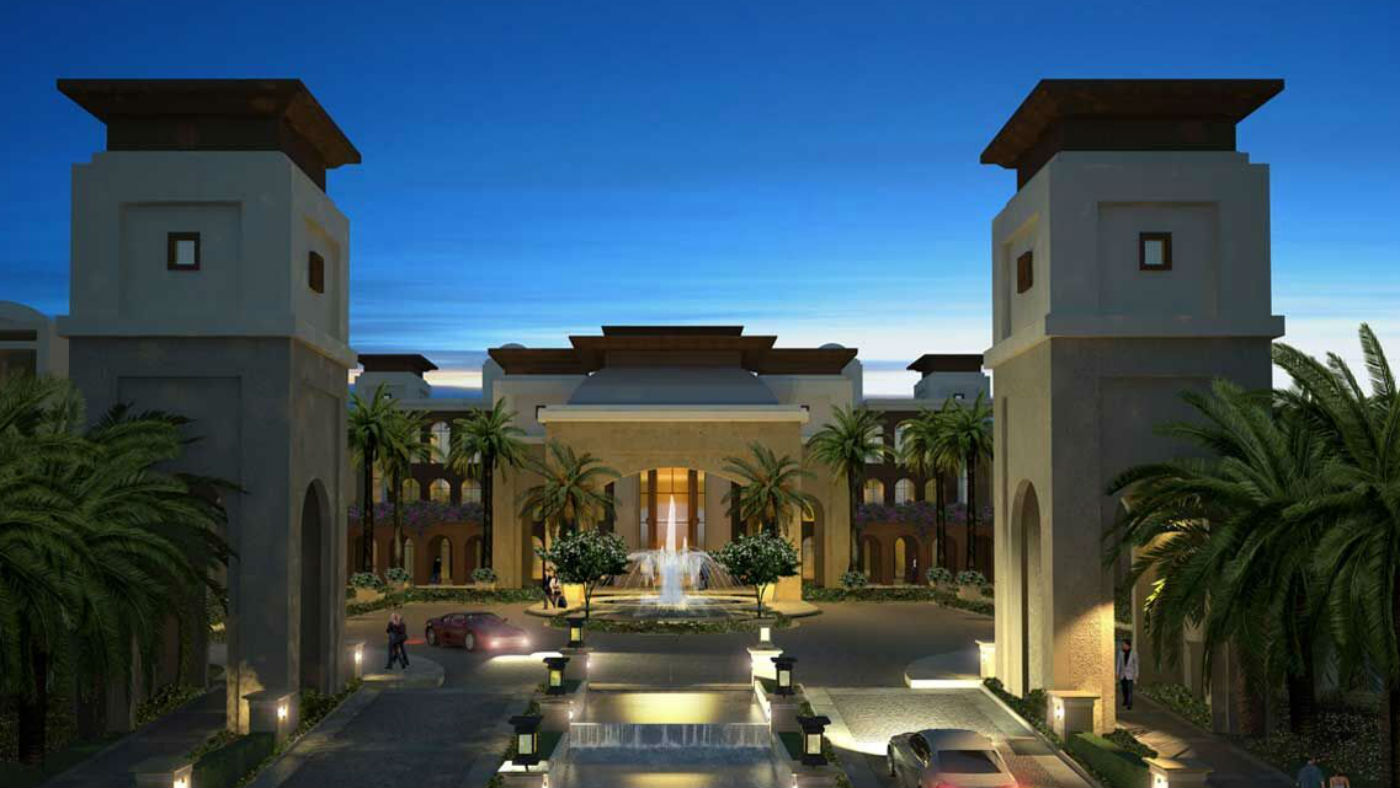
Marble decadence
A free daily email with the biggest news stories of the day – and the best features from TheWeek.com
Beyond the Louvre, Saadiyat is composed mainly of large, luxurious hotels, including mine, the newly-opened, marble-decked Rotana, which sits squarely on a white-sand beach bordered by turquoise seawater so unsettlingly warm, it’s like having a bath. As a base for reaching the Cultural District, it can’t be bettered – it’s only a ten minute drive away; add in the fact it has seven restaurants, a pool and a spa, and you almost have no reason to leave. But you should. Much of the emirate, it has to be said, is composed of clusters of skyscrapers separated by large, empty tracts of desert. In fact only, 30% of it is inhabited – the rest is what I’d describe as sandscape, rather than landscape.
Seeking out more mainstream entertainment will involve a journey along one of its many six-lane highways. The car is king here; Abu Dhabi is home to 1.5 million people, and covers 375 square miles. Considerately, they have put all the family-focused fun, should that be your bag, in one place. Yas Island is home to the Formula One racetrack – the Grand Prix has taken place here every November since 2009 – as well as a few Dubai-style theme parks. These include Yas Water World (with more than 40 rides and slides), Ferrari World (which houses the world’s fastest roller coaster), and the newly-opened Warner Bros World, a temple to characters like Batman, Fred Flintstone and Scooby Doo set over 1.65 million, climate-controlled, square feet.
Trace back Abu Dhabi's roots
However, if you prefer a little more in the way of authenticity, it’s worth seeking out. Unlike Dubai, which seems to have eradicated almost all traces of its past as a small fishing village, Abu Dhabi has kept some remnants of its roots, so you can still vaguely imagine how it used to be before oil was discovered here in 1958. Religion, of course, plays a huge part, and one of the most stunning edifices you’ll ever see is the Sheikh Zayed Grand Mosque. Its polished white marble domes and gold-accented minarets rear proudly into the skyline, where, along with the gardens it sits in, it covers almost 555,000 square metres. Composed of four long, pillared corridors surrounding a vast, mosaicked courtyard, no-one really knows – or wants to admit – exactly how much it cost to build.
The brainchild of the Sheik, construction started in 1996 and ended three years after his death, in 2007 (he is buried in the grounds). The floral patterns which curl around the pillars, cover the courtyard and one of the ante-chambers into the main hall were all designed by British artist Kevin Dean, and there are some impressively huge Murano glass and Swarovski crystal chandeliers, one weighing 12 tons. It all adds up to something akin to cross between the Taj Mahal and a Vegas casino, but it definitely demands to be seen.
After the mosque, the emirate’s number two attraction is the Falcon Hospital. Yes, falcons here are prized almost more highly by their male owners than their actual wives, and they are prepared to shell out millions of dollars for them (the falcons, not the wives), and spend time and money on their maintenance. This is because a popular pastime is hunting, so everyone wants the fastest, the strongest and the best. Falcons have their own passports, and travel with their owners in their own seat on planes. Every year the bird is given a medical, with x-rays and blood tests. I’m transfixed by the few sitting patiently in a waiting room, little hoods covering their eyes so they don’t fly off, probably bored out of their tiny minds as they wait to be called for their appointment, just like humans. I get the chance to feed one, grasping a small, defrosted, plucked quail in my hand, while the falcon perches on my glove-covered wrist. The noises it makes while crunching its bones are slightly disconcerting, and I can feel its curved talons even through the heavy-duty leather of the glove.
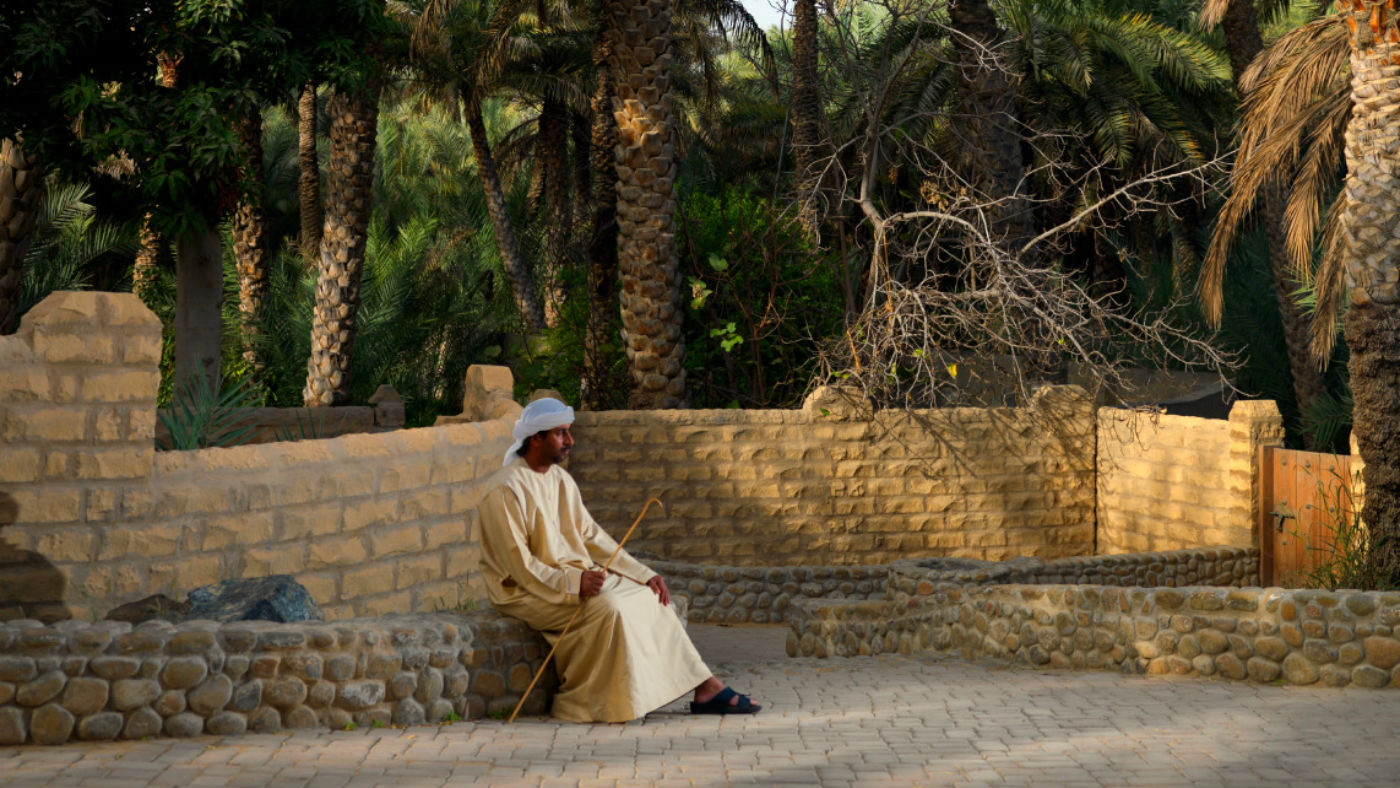
Come face to face with wild animals
More animal fun ensues at Al Ain, two hours drive from downtown Abu Dhabi. After exploring a cool and shady oasis, where thousands of palm trees provide the dates which are then exported all over the world, I’m shown a working camel market. Here, local farmers buy and sell these ungainly looking beasts with the longest eyelashes I’ve ever seen (the emirate even holds an annual camel beauty contest. No, really). Mostly they sit or stand patiently in their pens, chomping on straw or poking their muzzles through the bars out of curiosity, but once a trade has been made, I get to witness an extraordinary sight. You haven’t lived until you’ve seen two men wrangle a couple of straps around a fully grown camel, prior to it being hoisted into the air, swung over to a truck, then being slowly lowered into the vehicle, releasing a jolly stream of faeces or good measure on the man tasked with unstrapping him. But whether you’re into the high culture of priceless art, or the low culture of, well, camel bottoms, Abu Dhabi definitely delivers.
How to Do It
A classic room at the five-star Saadiyat Rotana Resort & Villas starts from approximately £203 per night, including breakfast. To book, visit rotana.com.
Return flights from London to Abu Dhabi start from £470 in economy or £2,096 in business class with Etihad Airways. To book, visit Etihad.com or call 0345 608 1225.
For more information, go to visitabudhabi.ae
-
 Local elections 2026: where are they and who is expected to win?
Local elections 2026: where are they and who is expected to win?The Explainer Labour is braced for heavy losses and U-turn on postponing some council elections hasn’t helped the party’s prospects
-
 6 of the world’s most accessible destinations
6 of the world’s most accessible destinationsThe Week Recommends Experience all of Berlin, Singapore and Sydney
-
 How the FCC’s ‘equal time’ rule works
How the FCC’s ‘equal time’ rule worksIn the Spotlight The law is at the heart of the Colbert-CBS conflict
-
 Friendship: 'bromance' comedy starring Paul Rudd and Tim Robinson
Friendship: 'bromance' comedy starring Paul Rudd and Tim RobinsonThe Week Recommends 'Lampooning and embracing' middle-aged male loneliness, this film is 'enjoyable and funny'
-
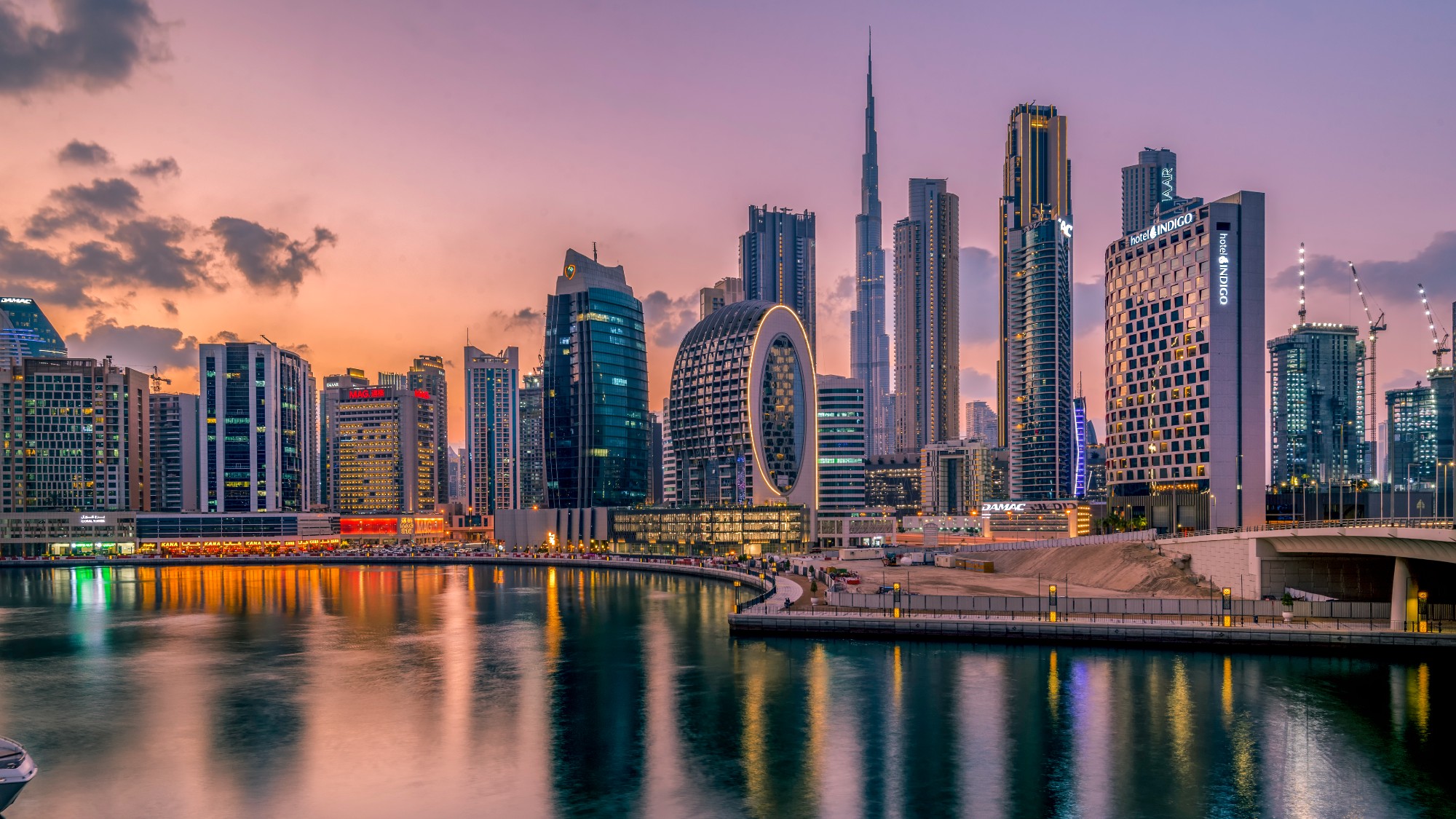 A blowout trip to Dubai without blowing the bank
A blowout trip to Dubai without blowing the bankThe Week Recommends Yes, you can get by on little money in the land of excess
-
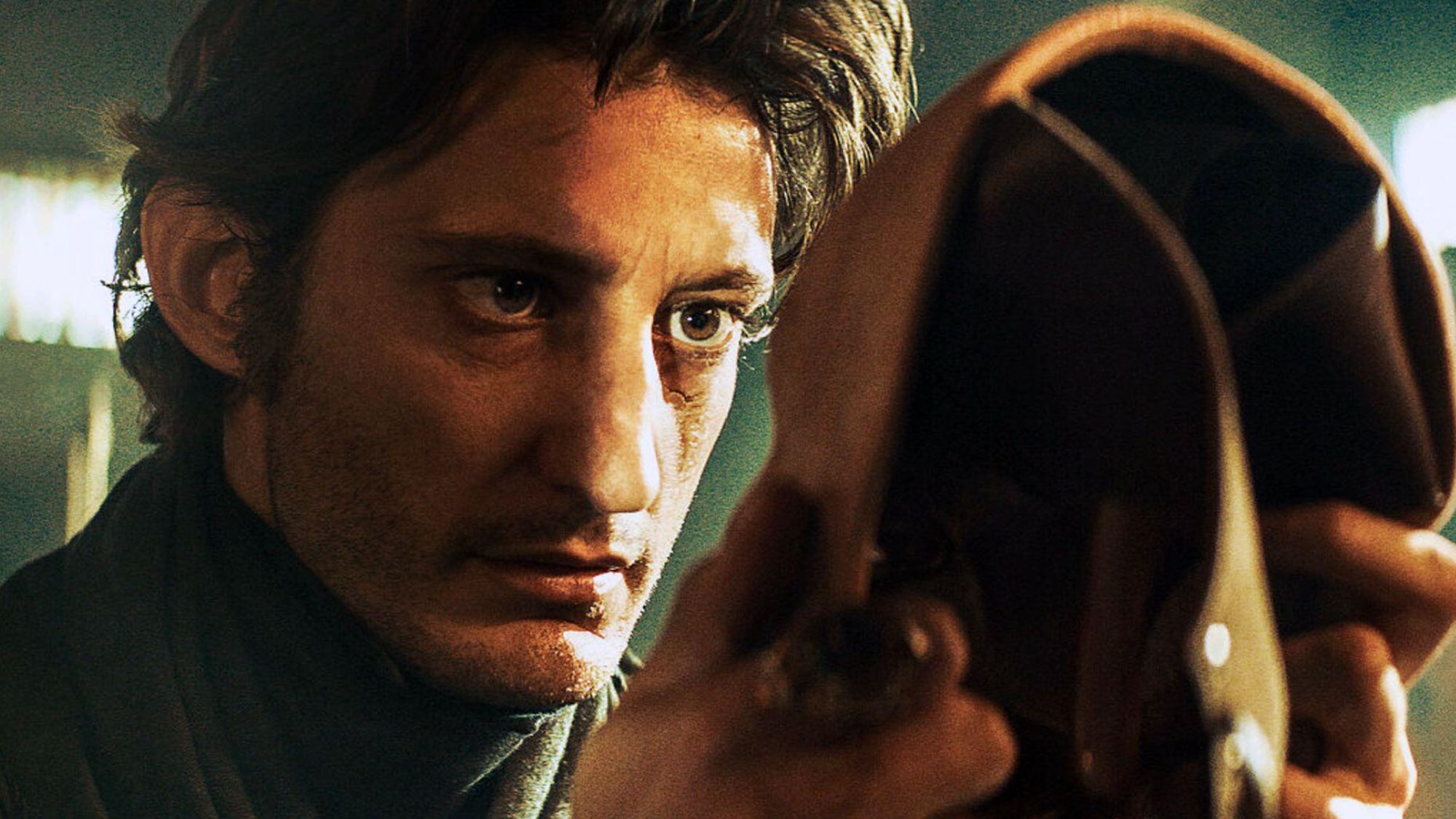 The Count of Monte Cristo review: 'indecently spectacular' adaptation
The Count of Monte Cristo review: 'indecently spectacular' adaptationThe Week Recommends Dumas's classic 19th-century novel is once again given new life in this 'fast-moving' film
-
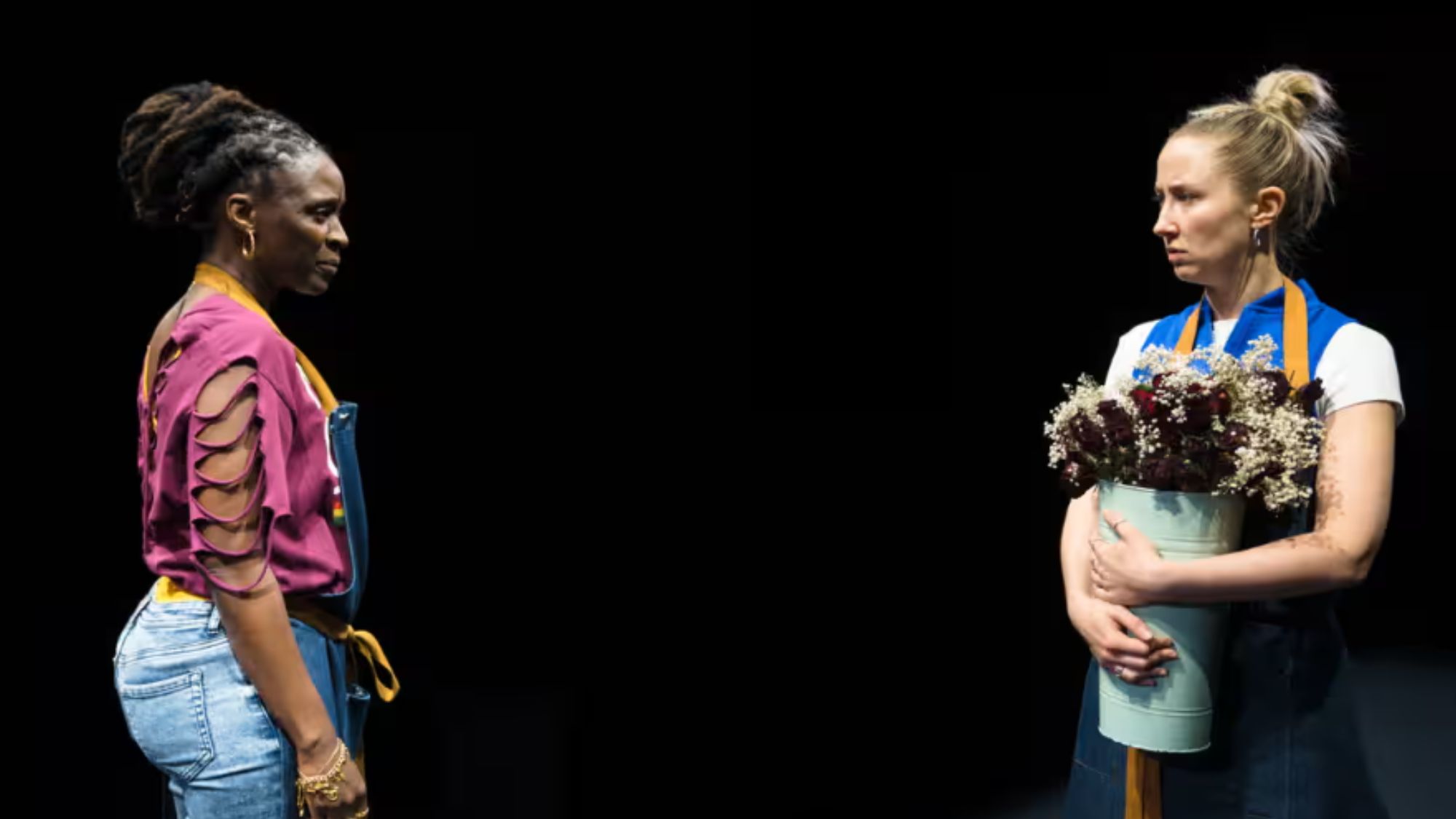 Death of England: Closing Time review – 'bold, brash reflection on racism'
Death of England: Closing Time review – 'bold, brash reflection on racism'The Week Recommends The final part of this trilogy deftly explores rising political tensions across the country
-
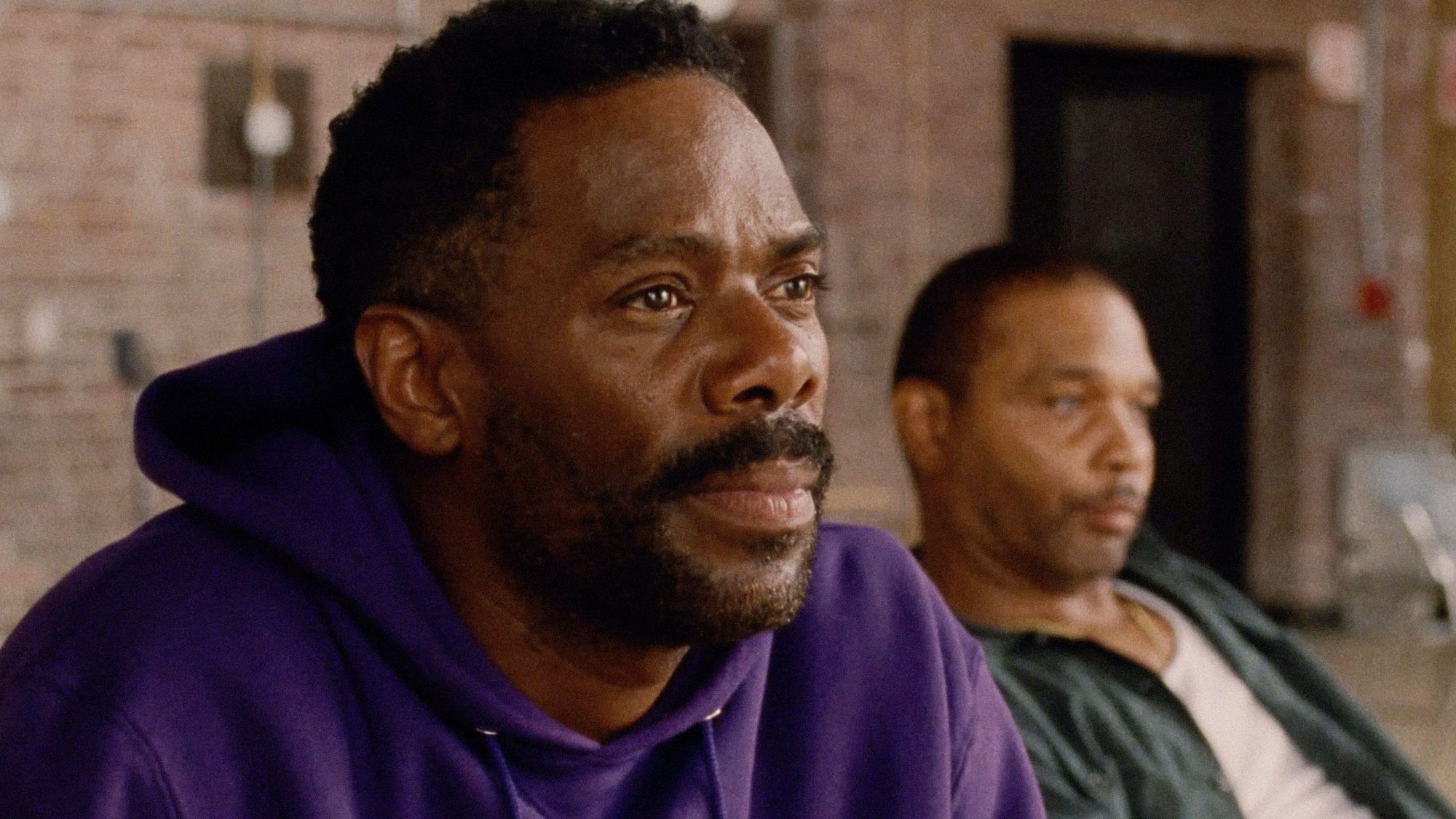 Sing Sing review: prison drama bursts with 'charm, energy and optimism'
Sing Sing review: prison drama bursts with 'charm, energy and optimism'The Week Recommends Colman Domingo plays a real-life prisoner in a performance likely to be an Oscars shoo-in
-
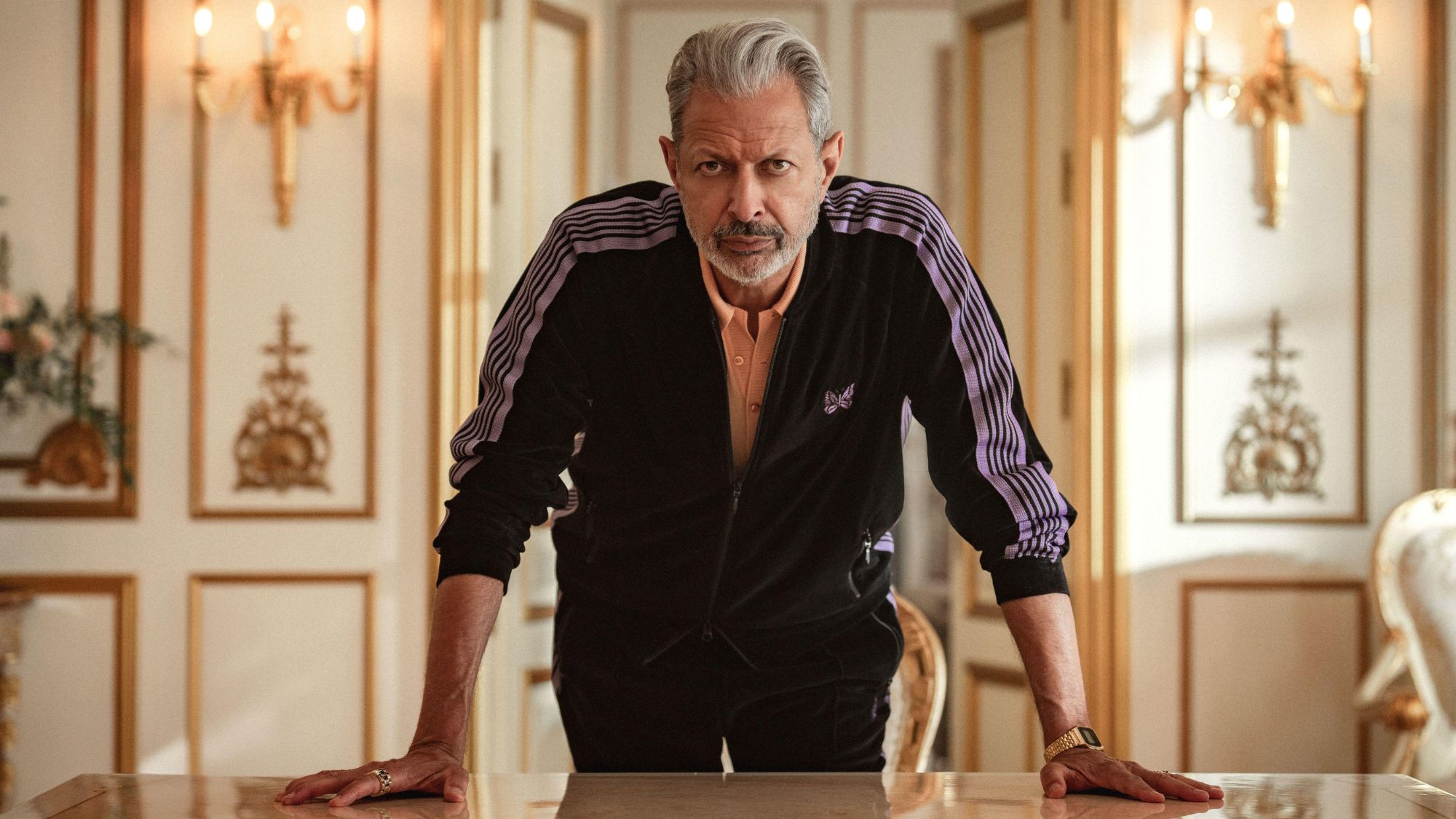 Kaos review: comic retelling of Greek mythology starring Jeff Goldblum
Kaos review: comic retelling of Greek mythology starring Jeff GoldblumThe Week Recommends The new series captures audiences as it 'never takes itself too seriously'
-
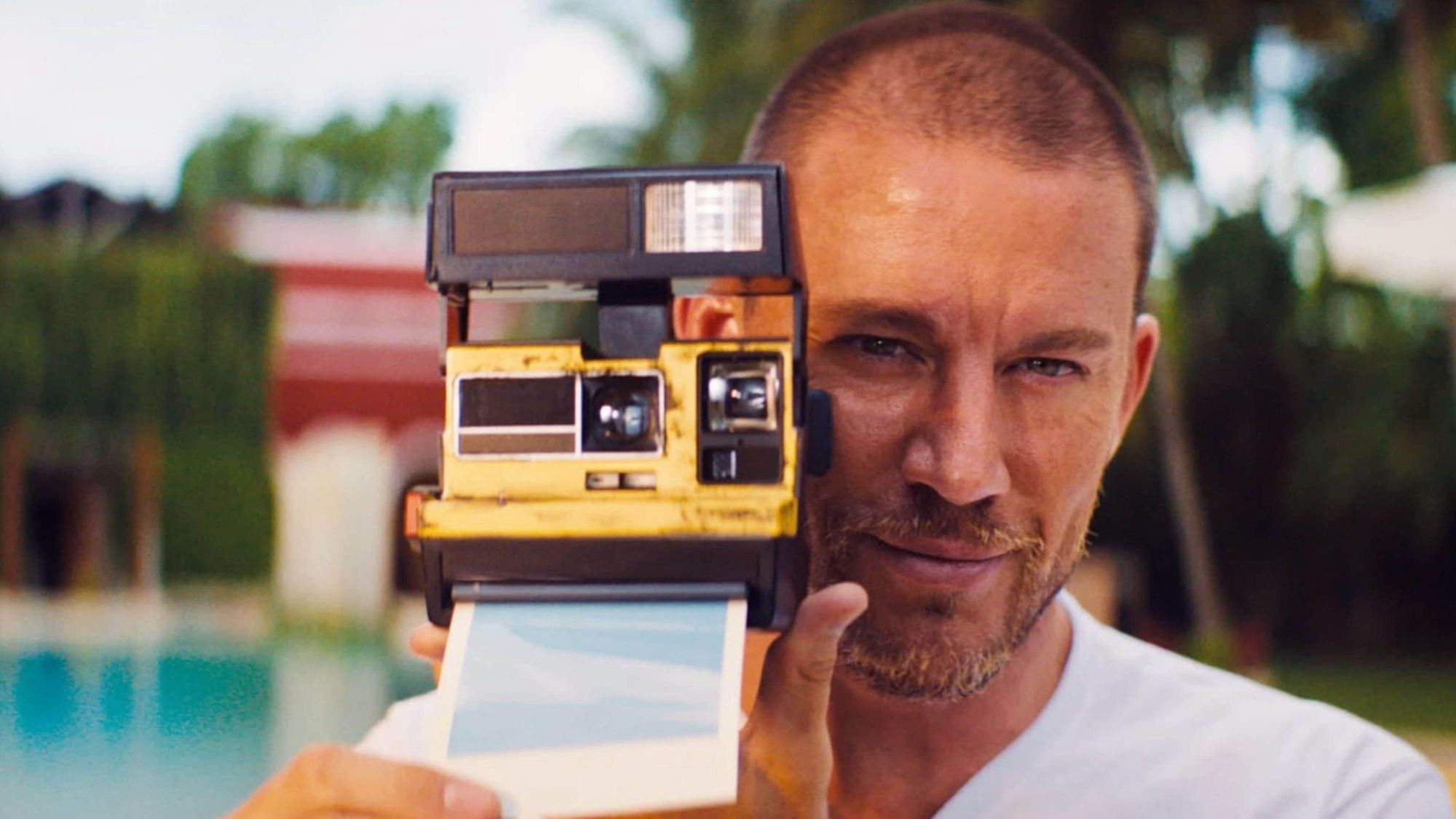 Blink Twice review: a 'stylish and savage' black comedy thriller
Blink Twice review: a 'stylish and savage' black comedy thrillerThe Week Recommends Channing Tatum and Naomi Ackie stun in this film on the hedonistic rich directed by Zoë Kravitz
-
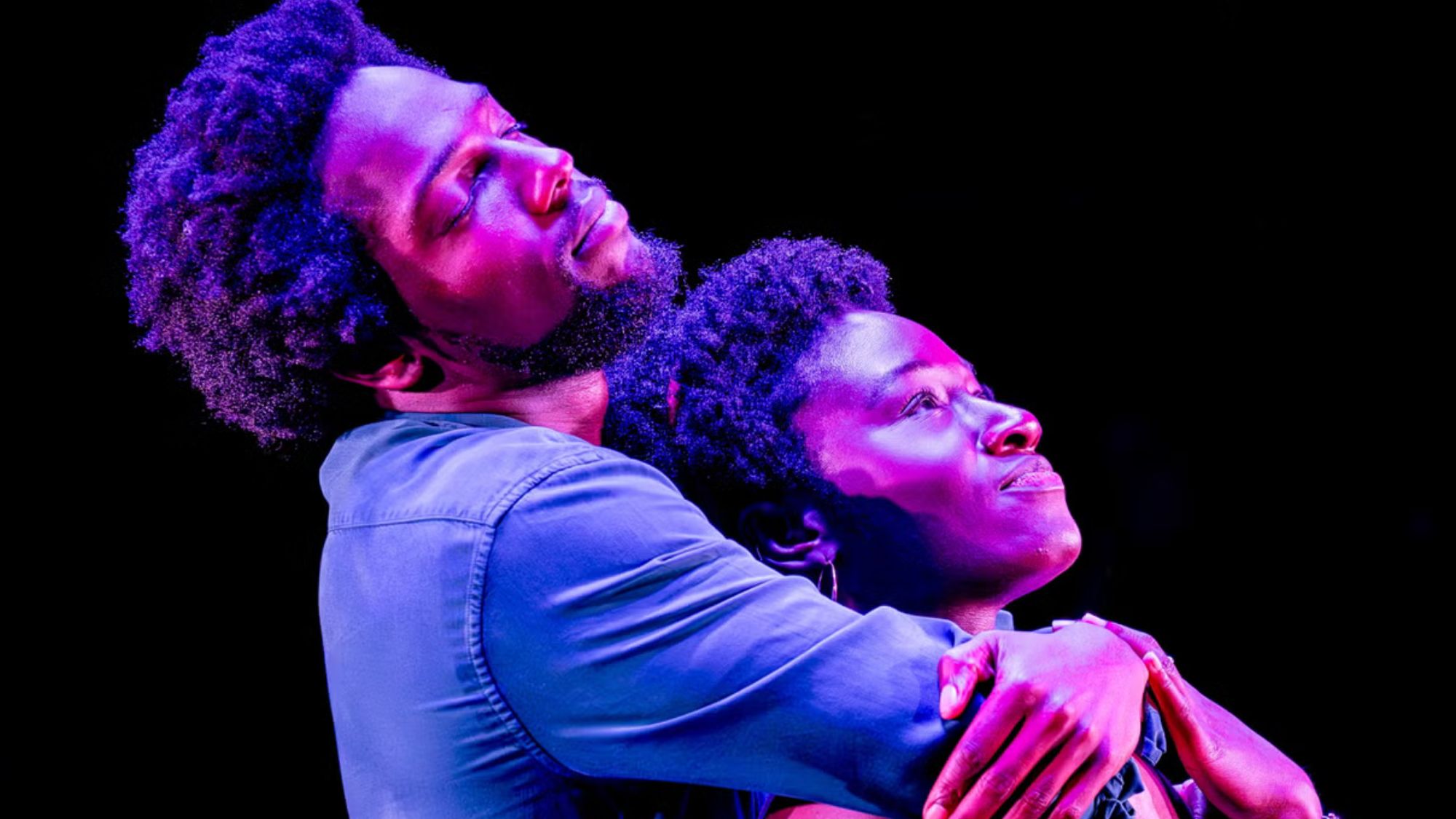 Shifters review: 'beautiful' new romantic comedy offers 'bittersweet tenderness'
Shifters review: 'beautiful' new romantic comedy offers 'bittersweet tenderness'The Week Recommends The 'inventive, emotionally astute writing' leaves audiences gripped throughout